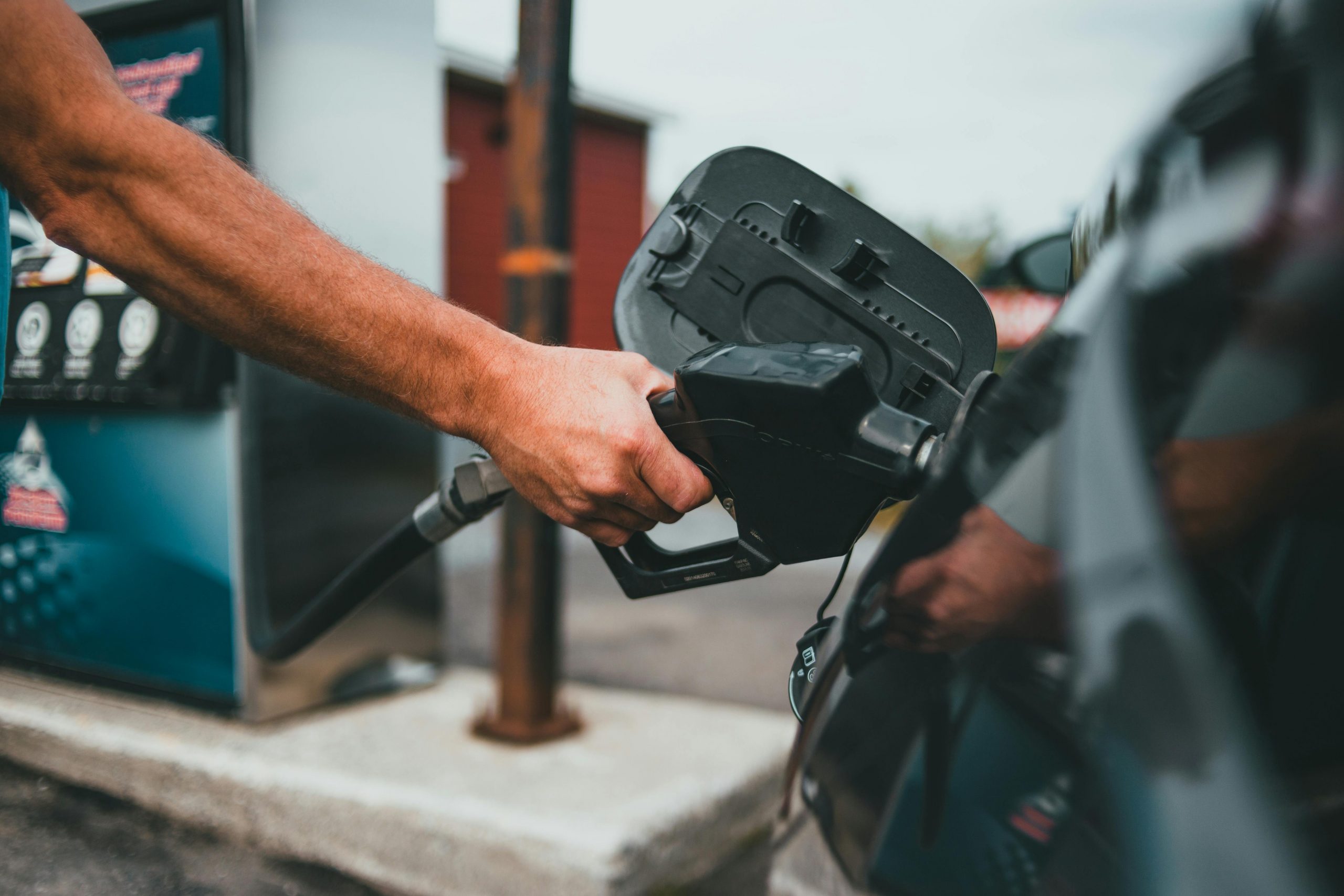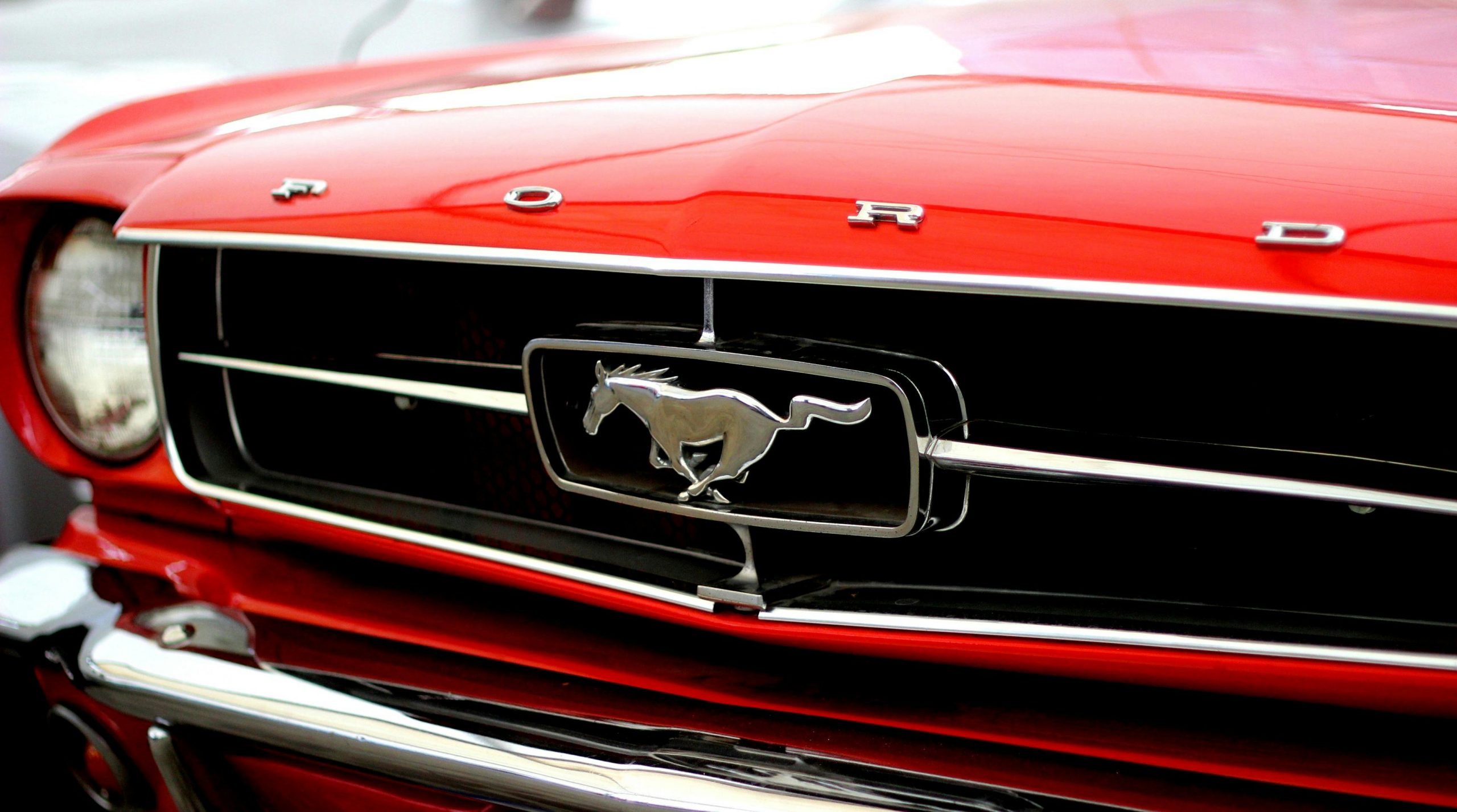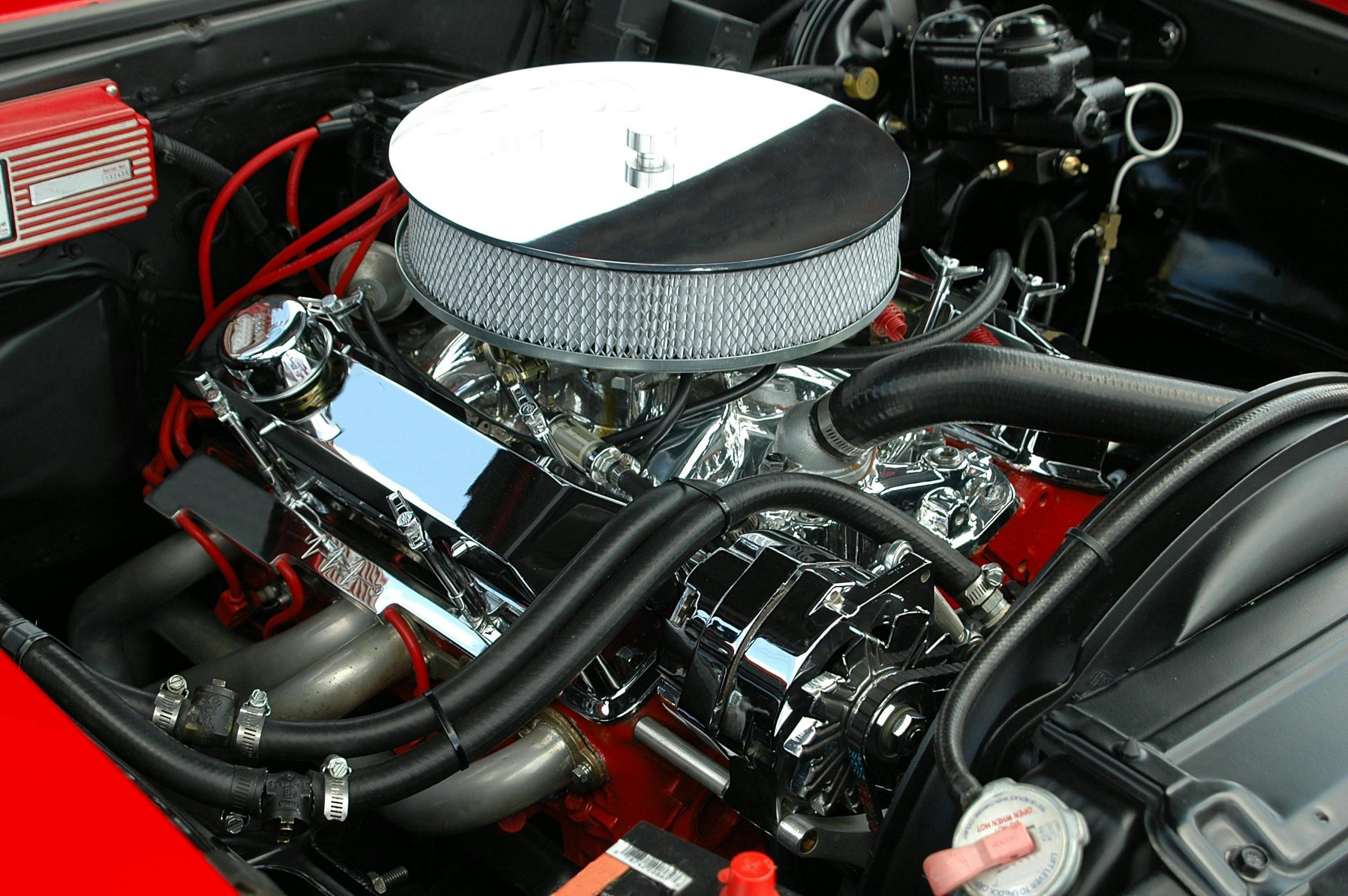
Muscle cars are all about power, performance, and that glorious growl under the hood. But when your engine starts knocking, that deep rumble quickly turns into an unsettling rattle. It’s not just annoying—it’s a warning sign. Engine knock can mean something minor, or it could point to major engine damage in the making.
So what causes engine knock? Is it bad fuel? Off timing? Worn-out bearings? Crankshaft issues? In this guide, we’ll break down the most common culprits behind engine knock and help you understand how to fix or prevent it—before it costs you an engine rebuild.
What Is Engine Knock, Anyway?
Engine knock, also called detonation or pinging, happens when fuel in your engine’s cylinders doesn’t burn evenly. Ideally, the air-fuel mixture ignites from the spark plug and burns smoothly. But when knock happens, parts of the mixture explode out of sync, creating a metallic tapping or rattling sound.
You might notice:
- A pinging or knocking noise while accelerating
- Reduced performance
- Poor fuel economy
- Engine overheating
- Check engine light (in modern muscle cars)
Left unchecked, engine knock can damage pistons, cylinder walls, valves, and even your crankshaft. Let’s look at what might be behind it.
1. Is Bad Fuel Causing the Knock?

Low Octane = High Risk
Muscle cars are built for performance—and that usually means high compression ratios. If you’re running an engine that’s designed for premium fuel (91+ octane) and you fill up with regular gas, you’re inviting detonation.
Why? Lower-octane fuel combusts more easily under pressure. In high-performance engines, this can cause the air-fuel mixture to ignite prematurely, leading to knock.
Signs You’re Using the Wrong Fuel:
- Knock after filling up
- Power drop after switching gas types
- Engine runs hotter than usual
What To Do:
- Check your manual: Use the recommended octane rating.
- Stick to one fuel type: Switching back and forth confuses your engine’s knock sensors.
- Consider octane boosters for high-compression builds or forced induction setups.
If your muscle car is modified with a turbo or supercharger, knocking due to fuel issues is even more likely. Don’t cheap out on gas—it’s not worth the engine damage.
2. Can Spark Timing Cause Engine Knock?
Yes, and It’s One of the Most Common Causes
Spark timing refers to when the spark plug ignites the air-fuel mix. Ideally, this happens at just the right point in the compression stroke to get maximum power without premature combustion.
If the timing is too advanced (meaning the spark fires too early), the mixture ignites before the piston reaches top dead center, causing the mixture to fight the piston’s movement. That’s engine knock.
Common Causes of Bad Timing:
- Incorrectly tuned distributor (in older muscle cars)
- Faulty crankshaft or camshaft position sensors
- ECU reflash gone wrong
- Aftermarket tuning with no knock safeguard
What To Check:
- Use a timing light (for classic V8s)
- Scan for error codes (on modern engines with OBD-II)
- Check your ignition map if using a programmable ECU
Quick Fixes:
- Retard timing slightly and test for knock
- Update your tune for your current mods and fuel type
- Make sure the distributor isn’t loose (yes, that still happens)
If you’ve recently installed a performance chip, swapped heads, or changed cam specs—double-check your timing. It’s often overlooked and one of the fastest fixes for knocking.
3. Are Worn Bearings Behind the Noise?
Engine Knock vs Rod Knock
Not all knocking is caused by fuel or timing. Sometimes it’s mechanical—and that’s usually bad news. If you’re hearing a deeper, rhythmic knocking that gets louder with RPM, you might be dealing with rod knock.
Rod knock happens when the connecting rod bearings are worn out or damaged. There’s too much space between the crankshaft and the rod, so it slaps around during each revolution.
Warning Signs:
- Deep, dull knock (not metallic ping)
- Knock increases with RPM
- Low oil pressure
- Metal flakes in oil
What Causes Bearing Wear?
- Oil starvation (low oil or clogged passages)
- Dirty oil with metal particles
- Over-revving the engine
- Using oil that’s too thin (wrong viscosity)
How to Confirm It:
- Drop the oil pan and inspect rod bearings
- Use an oil analysis test for metal content
- Measure clearance with plastigauge if rebuilding
Rod knock doesn’t go away on its own. If caught early, you might get away with replacing bearings. Wait too long, and you’re looking at crankshaft scoring—or worse.
4. Could It Be the Crankshaft?
Yes, If You’re Hearing a Heavy Knock
While rare compared to detonation or bearing knock, crankshaft issues can cause deep knocking, especially if the main bearings are worn or the crank is out of balance.
A bent or damaged crankshaft can cause:
- Heavy knocking under load
- Vibration throughout the block
- Uneven wear on main bearings
- Timing alignment issues
Why It Happens:
- Detonation over time
- Poor oiling or heat cycles
- Previous engine damage
- Cheap rebuild with improper torque specs
If your crankshaft journals are scored or out of round, no amount of tuning or octane boosting will stop the noise. In this case, a full rebuild—or replacement block—may be necessary.
How to Tell What’s Causing Your Engine Knock
Still unsure whether it’s fuel, timing, bearings, or crankshaft trouble? Here’s a quick comparison:
| Symptom | Likely Cause |
| Sharp metallic ping at light throttle | Low-octane fuel or too much ignition advance |
| Knock only after fill-up | Bad gas or wrong octane |
| Deep knock increasing with RPM | Rod knock or main bearing failure |
| Knock at idle and rough running | Crankshaft issue or severe wear |
| Knock under load, especially with mods | Tune needs adjustment or fueling issue |
Bonus: Other Causes of Knocking in Muscle Cars
Not all knocking sounds come from the engine block. Here are a few bonus things to check before assuming the worst:
Carbon Buildup in the Combustion Chamber
- Carbon deposits increase compression and cause hot spots, which can ignite fuel early.
- Try a top-end cleaner or seafoam treatment through the intake.
Bad Knock Sensor
- If the knock sensor isn’t picking up detonation properly, your ECU can’t adjust timing.
- Replace faulty sensors if you’re running modern EFI.
Vacuum Leaks
- A lean mixture from vacuum leaks can lead to detonation.
- Spray carb cleaner around suspected areas and listen for idle changes.
How to Prevent Engine Knock in Your Muscle Car

Want to keep your V8 running strong and free from knock? Whether you’re rolling in a classic Chevelle or a modern Charger, preventing engine knock comes down to a mix of smart fueling, proper tuning, and regular maintenance. Here’s your detailed checklist for keeping detonation out of your engine bay:
1. Use Quality Fuel — Every Time
Your engine’s fuel needs aren’t negotiable. Using the right gas is one of the simplest and most effective ways to prevent knock.
Stick with the Manufacturer’s Recommended Octane
Muscle cars—especially high-compression or performance-tuned ones—often require premium fuel (91+ octane). Running a lower octane than your engine was built or tuned for can cause pre-ignition and knock under load.
Avoid Sketchy Gas Stations
Not all gas is created equal. Some off-brand or low-volume stations may have fuel that’s been contaminated with water or has a lower actual octane rating than advertised. Always fuel up at reliable, high-turnover stations.
Consider Ethanol-Free Fuel for Classics
Older carbureted engines don’t always get along well with ethanol blends. Ethanol can absorb moisture and degrade over time, which is a problem if your car sits for weeks between drives. Ethanol-free fuel is more stable and helps prevent pre-ignition in classic setups.
2. Tune Smart — Performance Without the Risk
It’s tempting to push the timing and lean out the mix to squeeze more power, but aggressive tuning can turn your beast into a time bomb if you’re not careful.
Don’t Just Chase Horsepower—Tune for Safety
A solid tune doesn’t just give you horsepower; it protects your engine from knock. Avoid overly aggressive ignition advance unless you’re running the octane to support it.
Monitor Air-Fuel Ratio (AFR) and Knock Sensors
A wideband O2 sensor is your friend. Keep your AFR where it should be—typically 12.5–13.0 under full throttle for naturally aspirated engines. If you’re running forced induction, richen it up a bit to reduce combustion temps. Also, ensure knock sensors are functioning and wired correctly (especially in LS swaps or EFI conversions).
Use Dyno Tuning or Trusted Street Maps If Running Mods
If you’ve installed a cam, upgraded heads, changed the intake, or boosted the engine, you need a tune to match. Off-the-shelf tuners won’t cut it for major mods. A dyno session with an experienced tuner can prevent knock and optimize performance.
3. Change Oil Regularly — It’s More Important Than You Think
Oil isn’t just for lubrication—it also helps with cooling and protecting vital components. Dirty or wrong-spec oil can lead to engine wear that mimics or triggers knock.
Use the Right Viscosity for Your Engine and Climate
Check your engine builder’s or manufacturer’s recommendation. Older engines might prefer a thicker oil (like 10W-40), while modern builds or LS-based engines may be fine with 5W-30. In hot climates or under track abuse, consider high-zinc oils or race-grade synthetics.
Don’t Skimp on Oil Changes, Especially if You Drive It Hard
Frequent hard acceleration, high RPMs, and heat cycles break down oil faster. If you’re driving spiritedly on weekends or tracking your car, don’t wait for the usual mileage interval. Change it early.
Check for Metal Shavings in the Oil When Draining
Metal flakes in your oil—especially copper, lead, or steel—can be an early warning sign of bearing wear. Catching it early could save you from full engine failure due to rod knock or worse.
4. Listen to Your Engine — It’s Trying to Tell You Something
Being in tune with your car isn’t just about performance. Learning what normal sounds like will help you recognize when something’s off.
Know the Difference Between a Ping, a Knock, and a Clatter
- Pinging: Sharp metallic tapping, usually under light throttle or load — often detonation.
- Knocking: Deeper and more rhythmic — possibly rod knock or main bearing damage.
- Clattering: Usually valve train related — lifters, rockers, or timing chain slack.
Understanding the difference will help you respond appropriately, instead of guessing and hoping for the best.
Take New Sounds Seriously — Early Diagnosis Saves Engines
If your muscle car suddenly starts making noise, especially one that gets worse under acceleration or high RPMs, don’t ignore it. Check spark plugs, listen for leaks, monitor AFR and timing, and scan for trouble codes if equipped.
Invest in a Stethoscope or Knock Detection Tools If You Wrench Your Own Builds
A mechanic’s stethoscope can help you isolate where the noise is coming from—top end vs bottom end. If you’re tuning your own EFI system, knock detection tools like audio knock boxes or ECU logging are essential to prevent damage when dialing in timing and fuel.
When to See a Mechanic or Builder
If you’re not sure whether you’re hearing detonation or mechanical knock, don’t wait. A muscle car engine rebuild can run $4,000–$15,000 depending on the setup. Catching issues early might save you thousands.
See a mechanic if:
- The knock persists after changing fuel or retarding timing
- You’re losing power or oil pressure
- There’s metal in the oil
- You suspect rod or main bearing issues
Closing Thoughts
Muscle cars are meant to be loud—but not with the sound of engine knock. Whether it’s a fuel issue, ignition timing, worn bearings, or crankshaft trouble, knock is your engine’s cry for help. The key is knowing how to identify the type of knock and act fast.
With the right maintenance, tuning, and attention to fuel quality, you can keep your ride running smooth—and loud in all the right ways.
